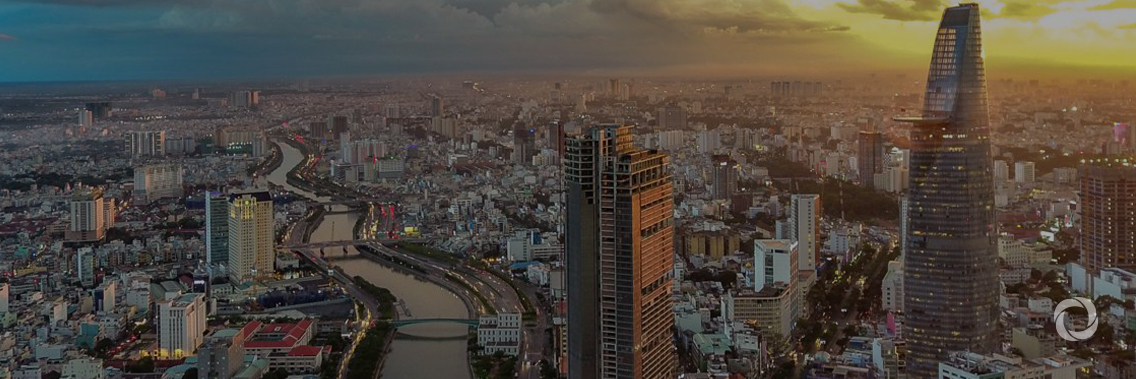The World Bank Board of Executive Directors approved a US$125 million credit to assist Ho Chi Minh City in strengthening the institutional foundations for sustainable urban development. This is the World Bank’s first budget support operation to a sub-national entity in Vietnam, marking a strategic shift in the Bank’s engagement at the subnational level from sector-specific investments to supporting cross-cutting policy and institutional reforms.
The policy program aims to remove institutional bottlenecks to enable Vietnam’s largest city and economic powerhouse to address some of its most pressing urban governance challenges. As a key growth pole driving economic modernization and generating 21 percent of Vietnam’s GDP, the benefits of reforms in HCMC are expected to go beyond the city to the wider economy.
“As an emerging global megacity and commercial hub with significant opportunities, Ho Chi Minh City is also facing a host of serious urban challenges,” said Ousmane Dione, World Bank Country Director for Vietnam. “Successful management of rapid urban growth requires effective and integrated urban governance as well as adequate investment in urban infrastructure and service delivery. Such interventions will have to be met within a constrained fiscal environment, reinforcing the urgent need for efficient resource mobilization and allocation.”
The policy program is designed to institute integrated cross-sectoral reforms in areas that are crucial for HCMC’s urban development including land use planning, fiscal governance, wastewater management, public transport, and economic competitiveness.
Original source: World Bank
Published on 16 May 2019

